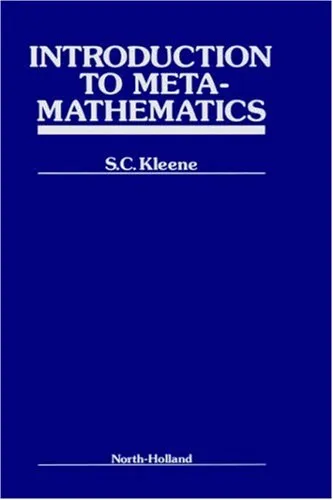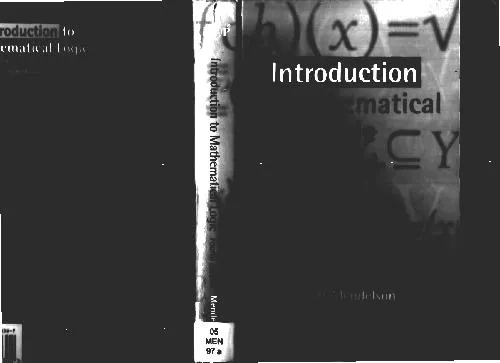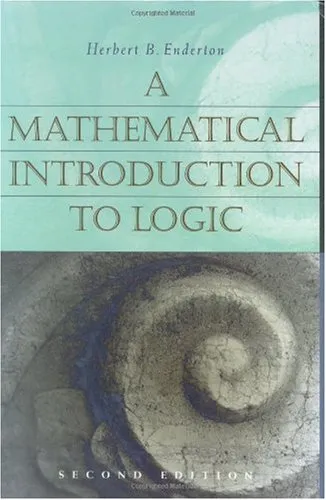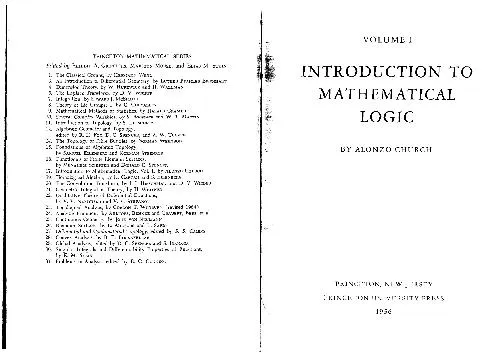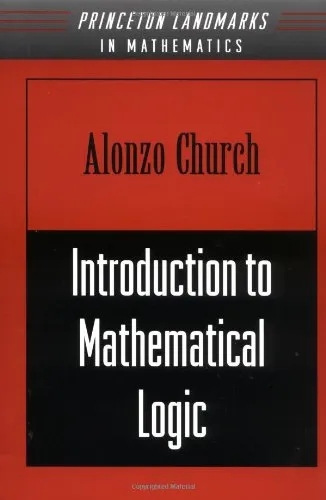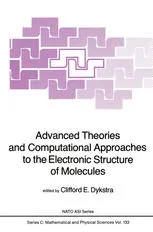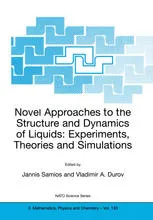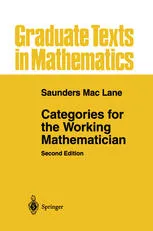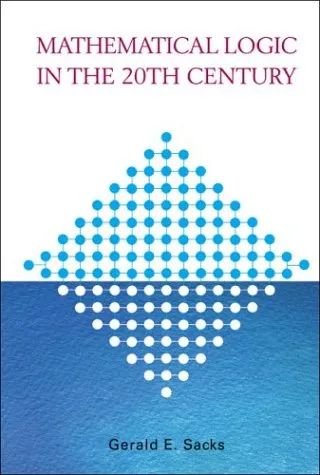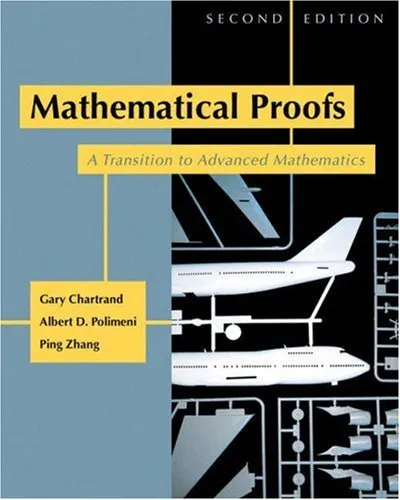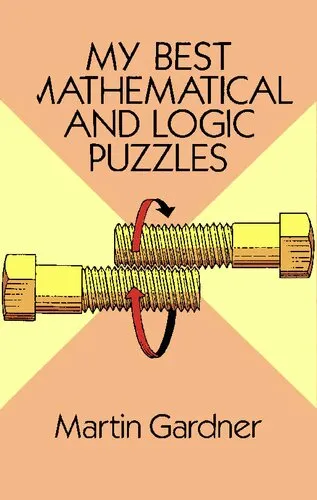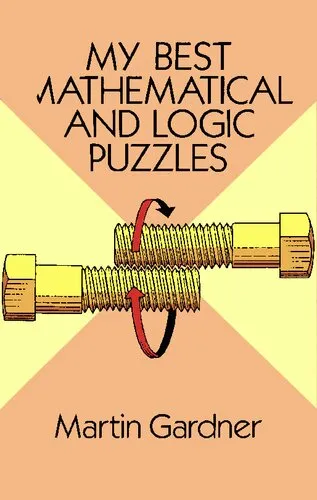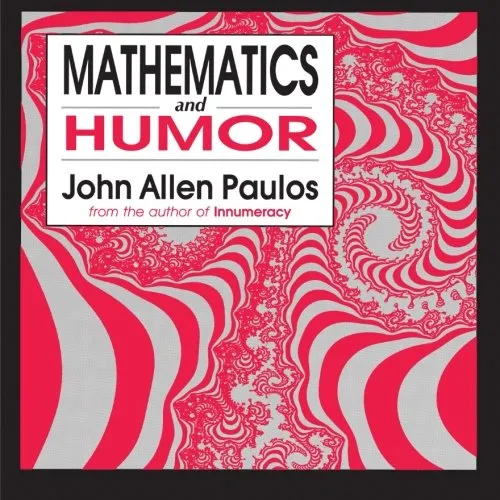Introduction to Metamathematics
4.7
Reviews from our users

You Can Ask your questions from this book's AI after Login
Each download or ask from book AI costs 2 points. To earn more free points, please visit the Points Guide Page and complete some valuable actions.Related Refrences:
Introduction to 'Introduction to Metamathematics'
Stephen Cole Kleene’s Introduction to Metamathematics is a seminal text in mathematical logic and the foundations of computer science. First published in 1952, this book has played a pivotal role in shaping the field of metamathematics, which explores the formal structures, proofs, and limitations of mathematical systems. Rich with clarity and logical depth, it introduces readers to the foundational framework underlying mathematics, including formal systems, computability, and the properties of axiomatic systems.
For advanced students, researchers, and educators, this book serves as a rigorous yet accessible exploration of key topics that define the logical underpinnings of both pure and applied mathematics. Kleene's emphasis on constructive proofs, intuition, and rigor makes this text a cornerstone in understanding mathematical reasoning and computation at the deepest levels.
Detailed Summary of the Book
The book is structured to provide an ordered and methodical treatment of metamathematics. It begins by introducing the basics of formal languages and systems, offering readers a foundation in how logical statements and their syntax are formed. Building upon this, Kleene delves into number theory, sentential calculus, predicate logic, and the axiomatic method in mathematics.
A central theme of the book is Gödel’s incompleteness theorems, which illustrate the inherent limitations of formal systems in capturing all mathematical truths using just a set of axioms. Kleene also introduces readers to recursive function theory, laying the groundwork for modern theories of computation and algorithms. Another highlight is his coverage of postulates, completeness, and consistency in logical systems, all presented in a way that balances rigor with readability.
The text assures its readers, even those less acclimated to abstract reasoning, that meticulous study will lead them to an appreciation of the depths and boundaries of logical frameworks. By the end of the book, readers will have gained not only theoretical knowledge but also practical skills in dissecting axiomatic systems and understanding their implications.
Key Takeaways
- A clear introduction to formal logic, including syntax and semantics of formal languages.
- In-depth discussion of Gödel’s incompleteness theorems and their significance for mathematics and logic.
- A rigorous treatment of recursive function theory and its role as a precursor to modern computation.
- Explanations of metatheorems, including the consistency and completeness of formal systems.
- Practical examples and exercises to help readers apply logical reasoning to mathematical problems.
Famous Quotes from the Book
“The theorem of Gödel shows that in any formalization of arithmetic, there are statements which are true, but unprovable within the system.”
“The notion of formal proof is fundamental to all parts of metamathematics, just as the notion of mathematical proof is fundamental to mathematics.”
Why This Book Matters
Introduction to Metamathematics holds a distinguished place in the history of modern logic and mathematics. It is not merely a textbook; it represents the intersection of mathematical rigor and philosophical inquiry into the nature of reasoning itself. By formalizing and examining the limits of axiomatic systems, Kleene provides insights that are as relevant today as when the book was written. With the advent of computer science, the topics covered in this work—particularly recursive function theory—have become essential components of both theoretical and practical computing.
This book matters because it stands as a foundational guide for generations of logicians, mathematicians, and computer scientists. It inspires systematic reasoning, fosters an appreciation for the beauty of logical structures, and equips readers to grapple with profound questions about the nature of truth, computation, and mathematical discovery.
Free Direct Download
You Can Download this book after Login
Accessing books through legal platforms and public libraries not only supports the rights of authors and publishers but also contributes to the sustainability of reading culture. Before downloading, please take a moment to consider these options.
Find this book on other platforms:
WorldCat helps you find books in libraries worldwide.
See ratings, reviews, and discussions on Goodreads.
Find and buy rare or used books on AbeBooks.
2053
بازدید4.7
امتیاز0
نظر98%
رضایتReviews:
4.7
Based on 0 users review
Questions & Answers
Ask questions about this book or help others by answering
No questions yet. Be the first to ask!
